Interview: Summer Davos Forum in China to boost multilateralism, collaboration -- forum chief
by Martina Fuchs
GENEVA, June 26 (Xinhua) -- The upcoming 14th Annual Meeting of the New Champions, also known as the Summer Davos Forum, is expected to boost multilateralism and collaboration in a fragmented world, World Economic Forum (WEF) President Borge Brende has said.
The forum is set to return to the tradition of its "Summer Davos" and will convene the 14th annual meeting in the major port city of Tianjin in northern China on June 27-29, on the theme of "Entrepreneurship: The Driving Force of the Global Economy."
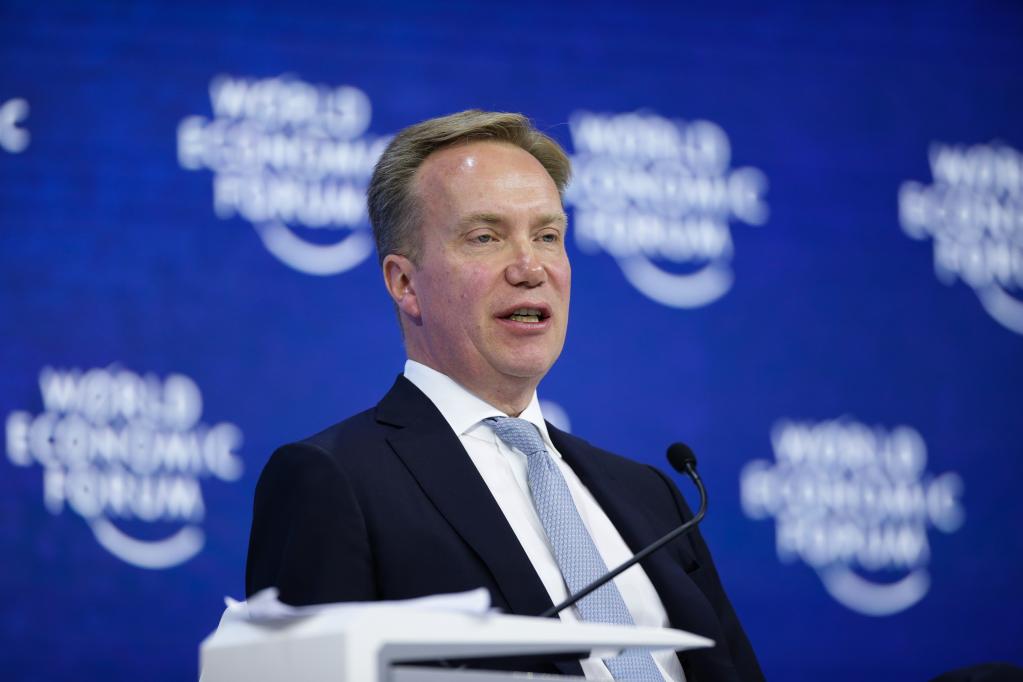
"I'm very excited to be back in China and Tianjin with our 'Summer Davos.' It has been well received among our partners and governments," Brende said in a recent interview via video link.
"It will be very interesting to see how we can revive growth and build trust in a fragmented world. The business interest we have received for the summit shows that there is a lot of keenness for opportunities in China in a post-COVID context," he said.
The global economy is at a pivotal moment of transformation, the WEF wrote on its website.
"Since we are living in a fractured, fragmented world, World Economic Forum believes that the most pressing global issues can only be solved by collaborating," Brende said.
"We will try to build our meeting in the spirit of President Xi's speech in Davos in 2017 where he so strongly underlined the importance of multilateralism and working together," he added.
The WEF, based in Geneva, Switzerland, is expected to welcome over 1,500 participants from the business community, governments, civil society, international organizations and academia. According to the WEF, nearly 90 countries will be represented at the annual meeting.
"The Chinese economy is of course extremely important for China, but also for the world," Brende stressed. "China is the second largest economy in the world and almost 30 percent of global growth depends on the success of the Chinese economy."
"China is taking many right steps to support growth. In the medium term, I'm optimistic on Chinese growth. Long-term, I'm very optimistic on China's growth," Brende noted.
"Over the last decade, China has emerged as a leader in many technology fields, such as high-speed trains, and renewables like wind and solar. China is such a leader. We also have seen a lot of start-ups, a lot of unicorns in China," Brende continued.
He pointed out that it will be fascinating to hear from these start-up communities and unicorns on how they will form partnerships between Chinese and global companies.
The annual meeting's program will include dozens of public and private sessions covering six key topics: rewiring growth, China in the global context, energy transition and materials, post-pandemic consumers, safeguarding nature and climate, and deploying innovation.
Furthermore, more than 25 initiatives and coalitions will be launched or advanced at the meeting, the WEF announced.
"We are focusing a lot on climate change and climate mitigation and the new technologies," Brende said. "The WEF also formed an alliance of companies and governments looking at how we can make sure that these new technologies including AI work in the interest of humankind."
Under a long-term plan, China expects to increase its forest coverage rate to 26 percent by 2035. By then, China's forest stock will rise to 21 billion cubic meters, and the area of natural forests will be kept at about 200 million hectares.
"We are also proud that we have good cooperation with China on the trillion trees (campaign). How we can make sure that biodiversity is also still on the top of the agenda, as well as how we can make sure we go net-zero on climate and go positive on nature," he added. ■


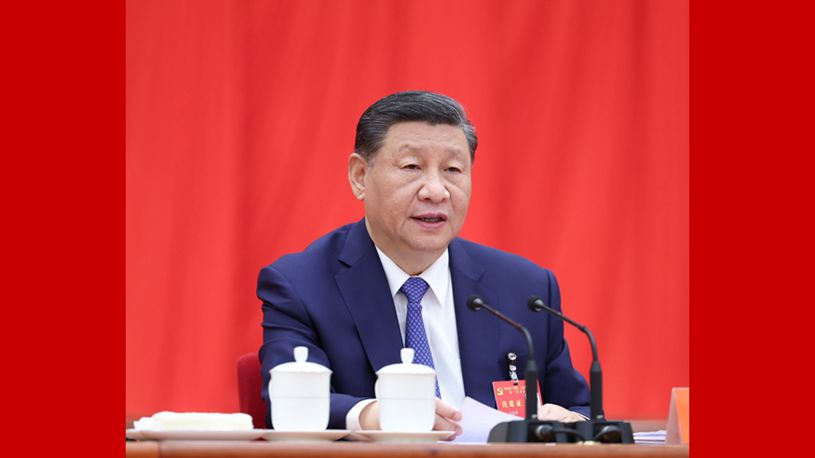

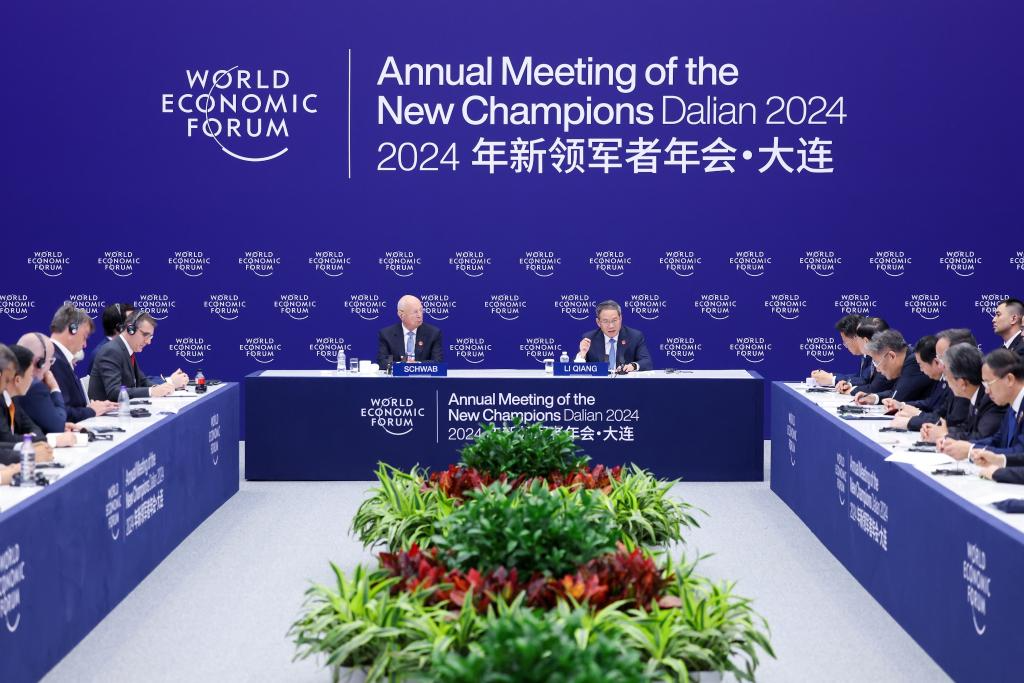

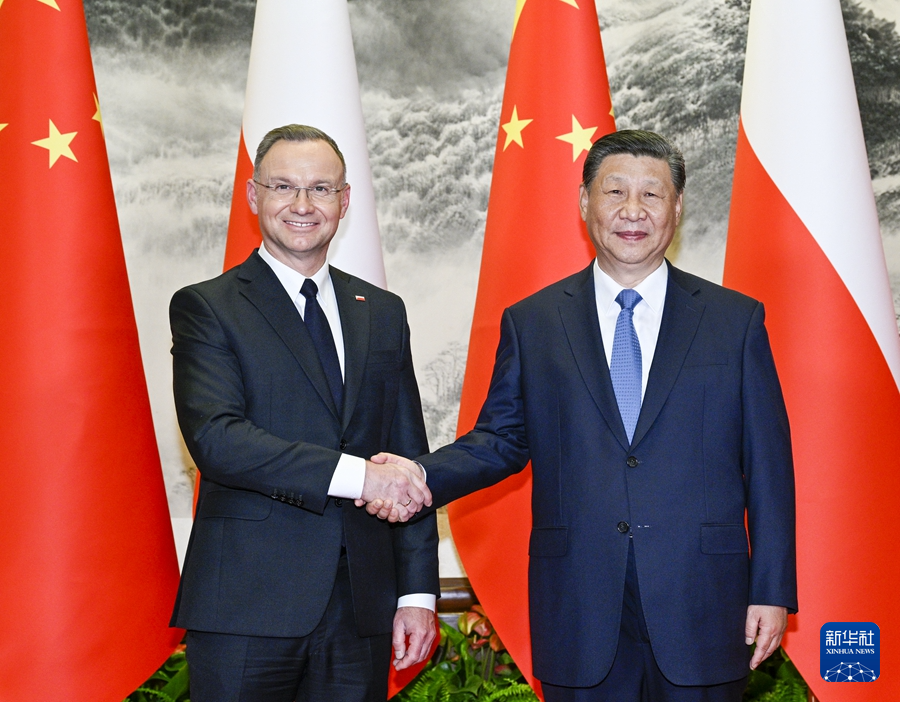





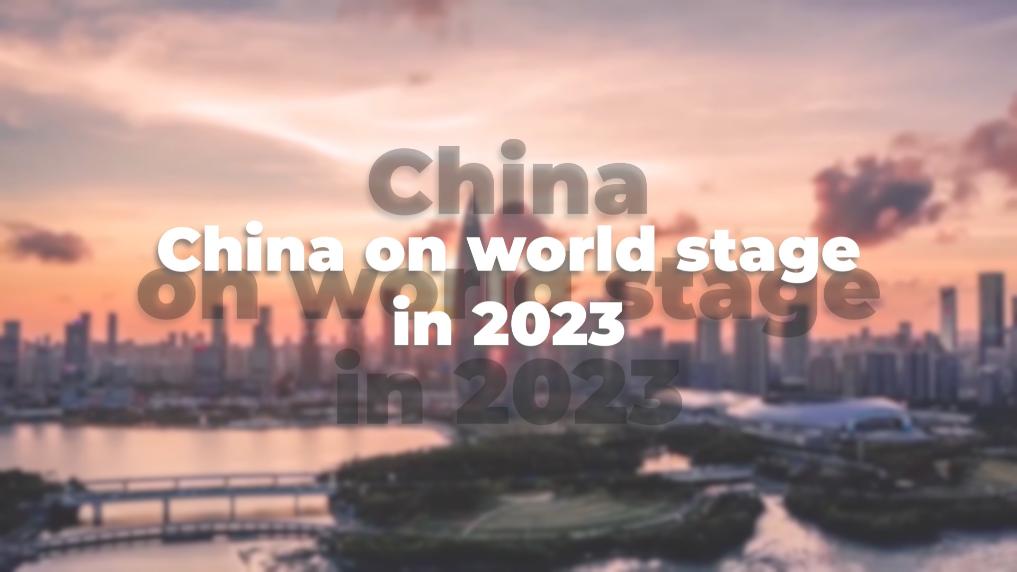


First, please LoginComment after ~